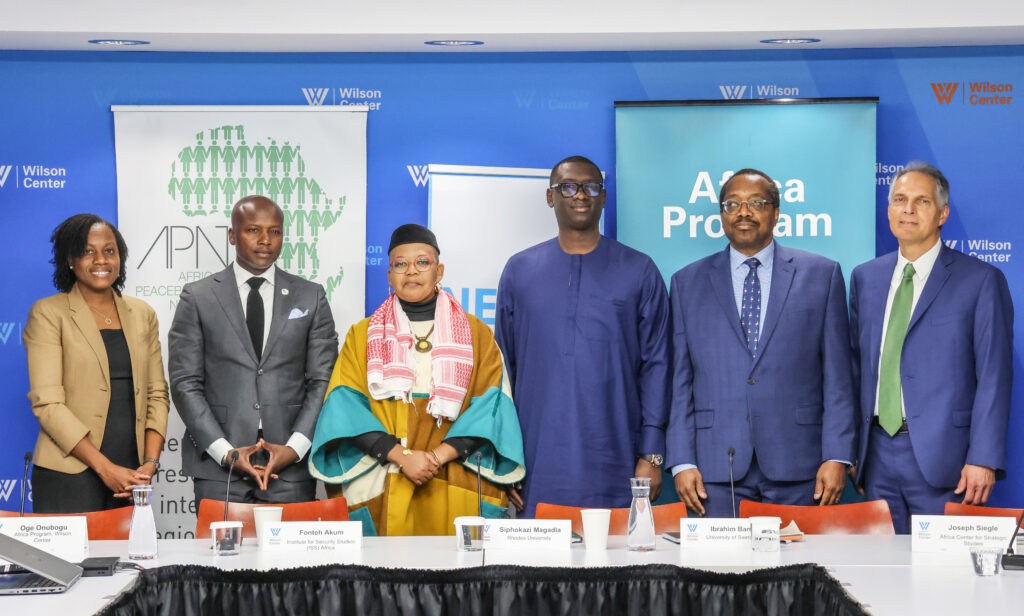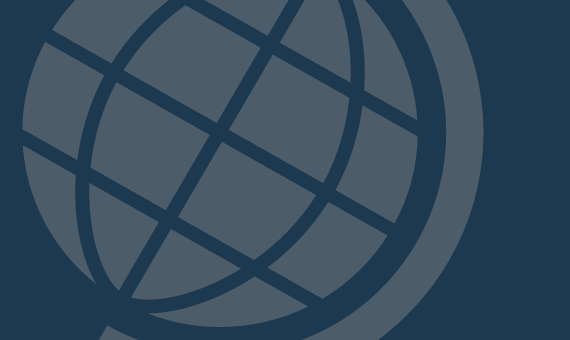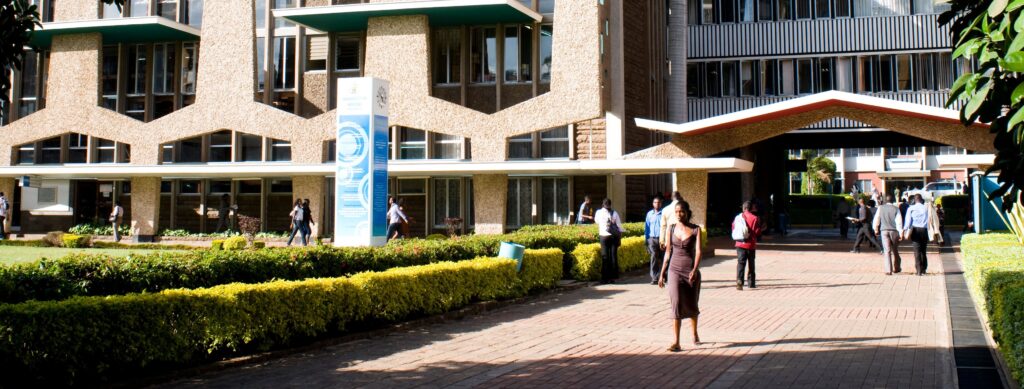Unforgiving Places: The Unexpected Origins of American Gun Violence
Virtual Lecture | April 24, 3:00 PM Eastern, via Zoom
What if everything we understood about gun violence was wrong? In 2007, economist Jens Ludwig moved to the South Side of Chicago to research two big questions: Why does gun violence happen, and is there anything we can do about it? Almost two decades later, the answers aren’t what he expected. This seminar describes how and why everyone’s conventional wisdom about gun violence is at best incomplete, how behavioral economics gives us a better way to understand the problem, and how a sustained partnership between the University of Chicago Crime Lab and the city of Chicago have helped identify and scale new solutions.









